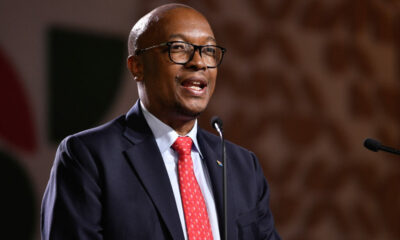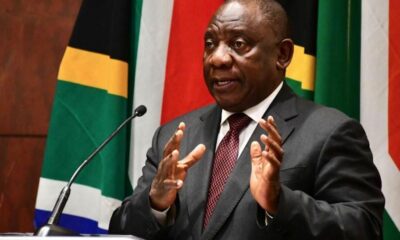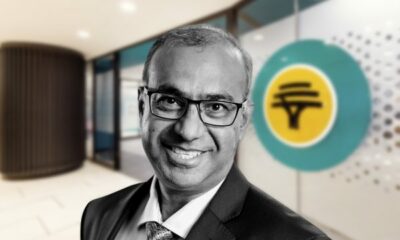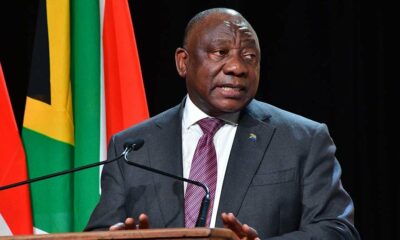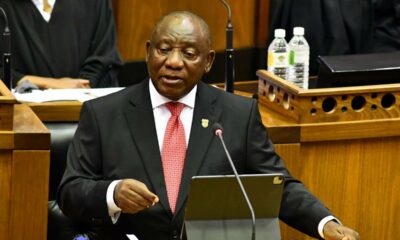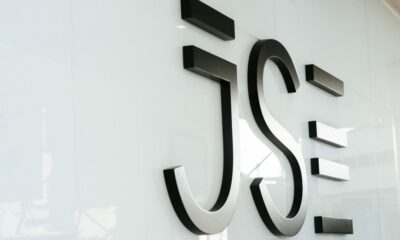News
Ramaphosa: R454 Billion Infrastructure Boost for South Africa
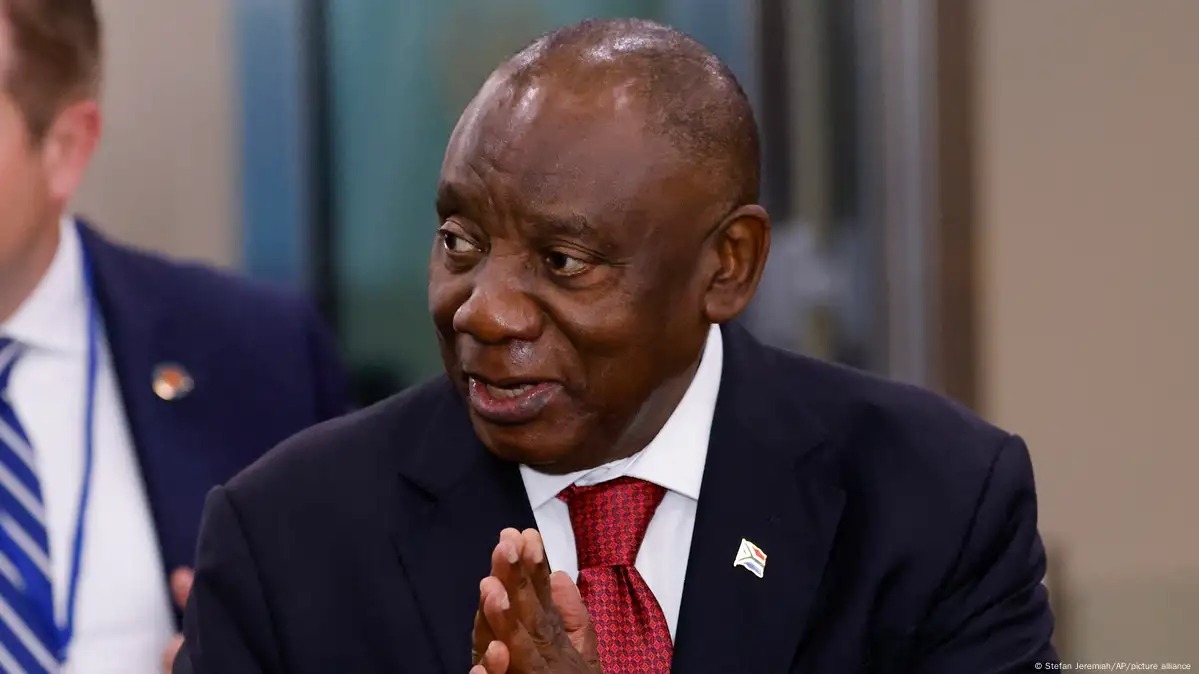
The President doubles down on economic revival, public-private partnerships, and the role of judicial commissions
President Cyril Ramaphosa has announced that South Africa pulled in a staggering R454 billion in new infrastructure projects last year, marking the country’s largest fixed investment in infrastructure since 2021.
Addressing Parliament during a heated budget debate, Ramaphosa didn’t mince words: this was, in his view, a turning point for economic recovery. But behind the billions lie deeper conversations about trust in governance, public-private collaboration, and how the country navigates its way out of stagnation.
A welcome win for infrastructure and confidence
In a time when load shedding, rail setbacks, and public frustration have tested South Africans’ patience, this R454 billion commitment comes as a rare piece of positive news. The President stressed that these weren’t just vague promises or pipeline dreams. These are actual signed projects, made possible through both government funding and private sector buy-in.
Ramaphosa called the surge in investment a milestone, one that signals South Africa is still capable of mobilising capital and pushing forward. From roads and bridges to energy and water systems, these projects aren’t just about development; they’re about jobs, confidence, and long-term resilience.
And it’s not all government-led. In fact, Ramaphosa made it clear: the private sector has been a key player in driving this growth. He highlighted how critical public-private partnerships are for turning plans into action, saying that collaboration is at the heart of rebuilding the country’s economy.
Commissions under fire and fiercely defended
But not everything in the President’s address was celebratory. Ramaphosa took time to push back against criticism from opposition MPs who questioned the cost and effectiveness of judicial commissions of inquiry.
EFF MP Nontando Nolutshungu was among those who dismissed these commissions as wasteful and drawn-out. Ramaphosa, however, stood firm, saying commissions remain essential tools for truth and accountability. He pointed to the SARS Commission as a clear example of one that led to real institutional reform, showing how inquiries can expose corruption and trigger systemic change.
He also reminded Parliament that the Constitution grants the President authority to establish commissions into any matter of public concern, and he intends to use that power when necessary, especially when facing allegations of criminal syndicates infiltrating key institutions like the police.
A fresh chapter, or just another headline?
Public reaction to the announcement has been mixed. On social media, some celebrated the R454 billion figure as a hopeful sign of economic momentum. Others were more sceptical, questioning how much of that funding will translate into actual delivery and how much will be tied up in bureaucracy or mismanagement.
It’s a familiar tension in South Africa: big promises versus on-the-ground change. Still, the scale of the investment and the inclusion of the private sector may mark a new era of shared accountability, especially if the government can follow through.
What remains to be seen is whether these infrastructure projects will arrive quickly enough to ease unemployment, improve service delivery, and restore faith in public institutions. The numbers look good on paper. Now it’s about proof in practice.
Also read: South Africa Moves to Scrap R898m Licence Printer Deal Amid Major Backlog
Follow Joburg ETC on Facebook, Twitter , TikTok and Instagram
For more News in Johannesburg, visit joburgetc.com
Source: The South African
Featured Image: DW

